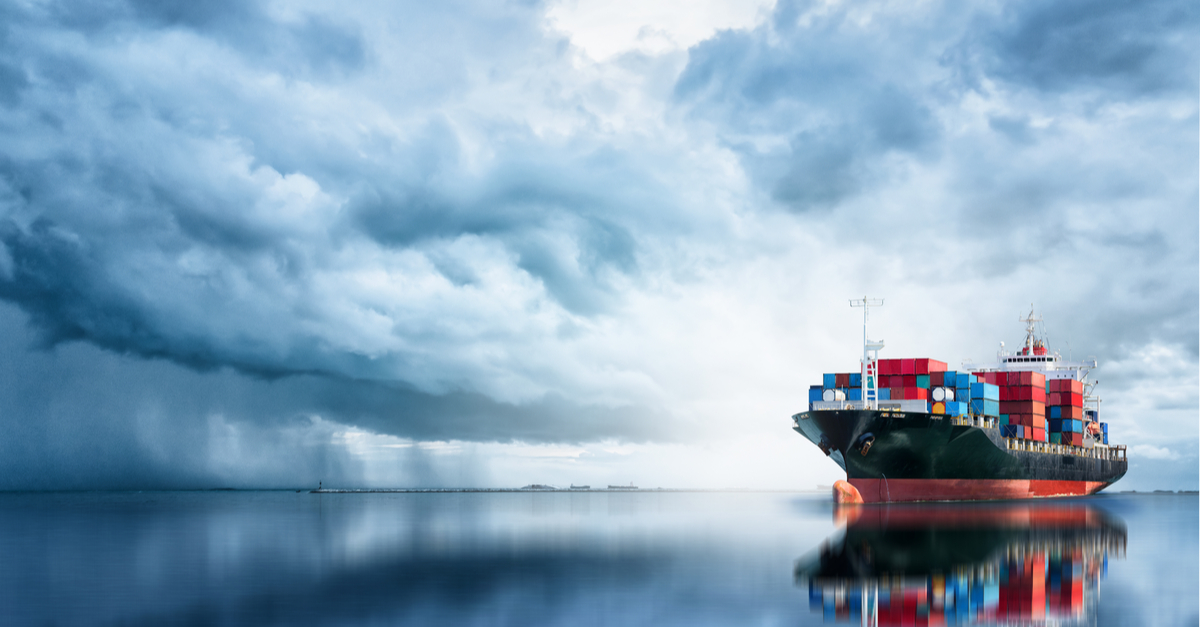A key issue that usually surfaces during a maritime subrogation action involving an allision (the striking of one ship upon another ship that is stationary) is the Limitation of Liability Act. The Limitation of Liability Act generally allows a vessel owner to limit its liability exposure after a maritime incident or casualty to the post-casualty value of the vessel and cargo. The Limitation of Liability Act (which was enacted in 1851) applies to all seagoing and non-seagoing vessels used to navigate the ocean as well as inland lakes and rivers.
There are two ways the Limitation of Liability Act is raised following a maritime casualty. The first is when the vessel owner files a Complaint in federal court wherein it sues the victim of the casualty and effectively seeks a declaration from the Court that the Act applies. The second is when the Act is raised as a defense to any action filed against the vessel owner by a casualty victim. Because the Act involves a claim in admiralty, a jury trial is not available.
Under the Limitation of Liability Act, the liability of a vessel owner is generally limited if the casualty was occasioned without its “privity or knowledge.” 46 U.S.C. Sect. 183. Applicable case law has defined “privity and knowledge” as:
Personal participation of the owner or its managing agent in some fault, or act of negligence, causing or contributing to the loss, or some personal knowledge or means of knowledge, of which he is bound to avail himself of a contemplated loss, or a condition of things likely to procure or contribute to the loss, without adopting appropriate means to prevent it. Trico Marine Assets, Inc., 946 F.2d 350, 355 (5th Cir. 1991).
In other words, a vessel owner is generally entitled to limit its liability if the negligent act that caused the incident was a pure navigational error or mistake by the captain without any negligence or fault on the part of the vessel owner or the vessel owner’s shore-side management. However, the owner of a vessel will be denied this limitation if the court finds that the shore-side management failed to provide adequate procedures to ensure the maintenance of equipment, failed to provide the vessel with a competent crew, failed to use due diligence to discover conditions which caused the marine casualty, or failed to have a proper safety program in place. A full discovery of the vessels involved, crews, roles, management, procedures, conditions, etc. will allow for a thorough subrogation recovery evaluation in light of the Limitation of Liability Act in Maritime Subrogation Claims for vessel owners.




